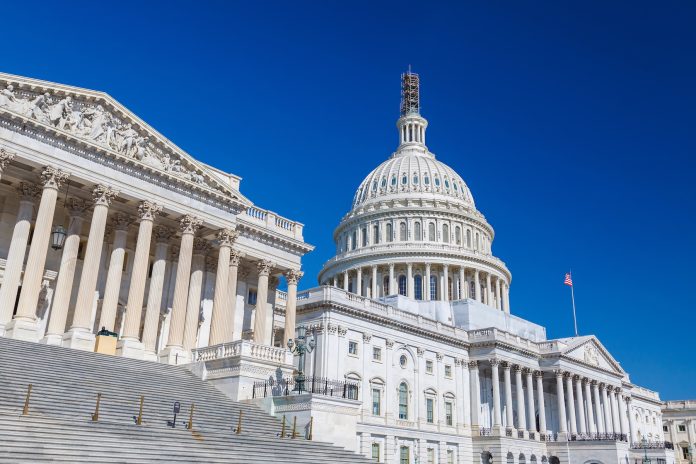- The SOAR Act, backed by Democratic senators, seeks to protect and expand the SAVE income-driven repayment plan.
- Republicans, who control both chambers, are advancing their own College Cost Reduction Act and are expected to block SOAR.
- With courts reviewing SAVE and Congress divided, millions of borrowers remain in limbo over the future of student loan repayment options.
Senate Democrats are pushing to keep the Biden Administration’s SAVE student loan repayment plan alive. But with Republicans holding both the House and Senate, the bill may not get far.
The Savings Opportunity and Affordable Repayment (SOAR) Act, was introduced by Senators Jeff Merkley of Oregon and Tim Kaine of Virginia. It would codify and expand the SAVE Plan, an income-driven repayment option introduced in 2023 that caps payments for borrowers at 5% to 10% of discretionary income.
The timing is no accident. Legal efforts to block SAVE are advancing, and House and Senate Republicans are pursuing an entirely different vision for higher education financing.
What The SOAR Act Proposes
The SOAR Act would write the SAVE Plan into law and extend its reach.
Key features would include:
- Raising the discretionary income threshold for $0 monthly payments from 225% to 250% of the federal poverty line.
- Cutting forgiveness timelines to 10 years for some borrowers who attended school for two years or less, and 15 years for most others.
- Requiring all payments to be split 50/50 between interest and principal, helping ensure balances shrink rather than balloon.
- Expanding eligibility to include borrowers with Parent PLUS loans and Federal Family Education Loan (FFEL) borrowers.
The bill is co-sponsored by high-profile Democrats, including Senate Majority Leader Chuck Schumer and Senators Elizabeth Warren and Bernie Sanders. It has also earned endorsements from labor unions, advocacy groups, and student borrower organizations.
Related: Why Parent PLUS Loans Are Always Excluded From IDR Plans
Legal And Political Threats To SAVE
The SAVE Plan, introduced through regulatory authority under the Higher Education Act, has been under attack from Republican-led lawsuits. Courtsare reviewing claims that the plan oversteps executive authority. It appears that, based on prior ruling, the SAVE plan is effectively dead.
House Republicans are backing the College Cost Reduction Act, a proposal that would eliminate most income-driven repayment plans entirely and replace it with either a standard 10-year plan for most borrowers, or a modified income-based plan that still has most borrowers repaying the full loan amount.
The looming threat of a successful court ruling or legislative repeal has left the 8 million borrowers currently enrolled in SAVE uncertain about what happens next.
Many were promised affordable payments and eventual relief but could face higher payments, or even default, if the program is struck down.
What Borrowers Should Expect
The SOAR Act is unlikely to advance unless political dynamics shift. Even so, it lays down a marker for what Democrats say student loan repayment should look like: more affordable, shorter forgiveness timelines, and stronger protections against interest-driven balance growth.
Meanwhile, borrowers in the SAVE Plan will remain in administrative forbearance until the court cases are resolved. At that point, they’ll have to make a decision based on what repayment plans are legally available.
The ongoing debate leaves millions of Americans in limbo. While policymakers argue over the future of student debt, borrowers continue to navigate a system with uncertain outcomes.
Don’t Miss These Other Stories:
10 Crazy Ways To Make $10,000 You’ve Never Heard Of
‘Sell In May And Go Away’ Investment Strategy
What Is The SAVE Repayment Plan?
Create your very own Auto Publish News/Blog Site and Earn Passive Income in Just 4 Easy Steps







